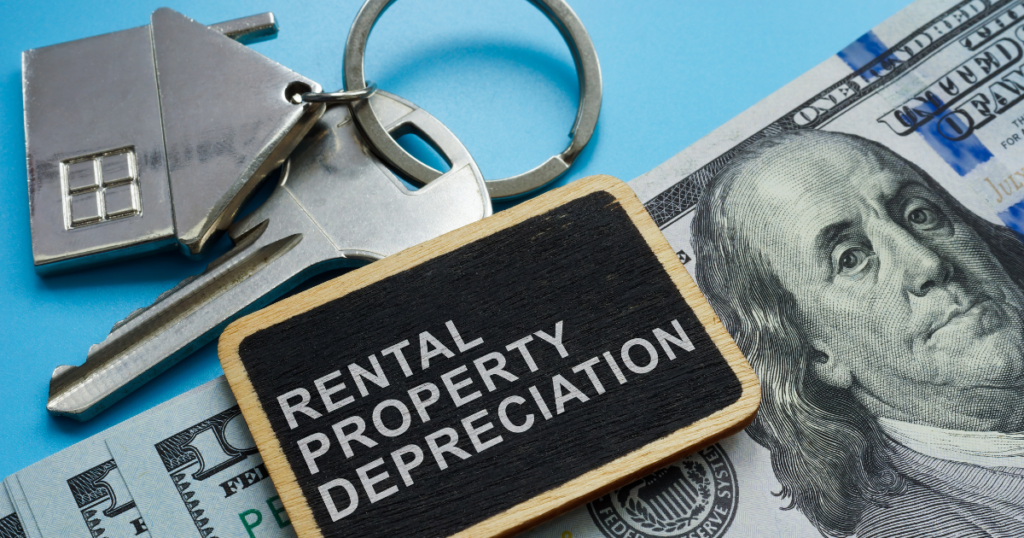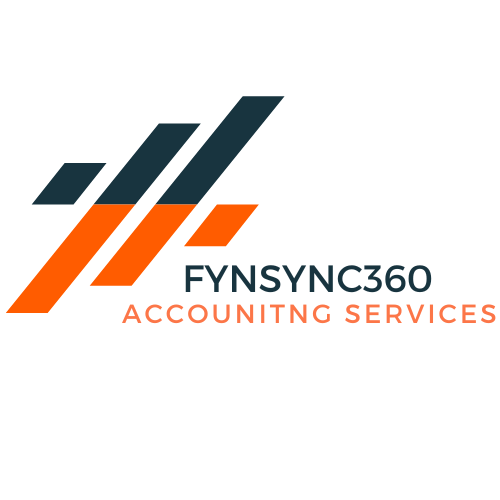Rental property accounting is a critical aspect of managing investment properties efficiently. It involves the meticulous tracking of income, expenses, and depreciation to ensure the financial health of your real estate investments. This article aims to guide property owners and real estate investors through the fundamentals of rental property accounting, highlighting the importance of keeping accurate and comprehensive records.
Rental Property Accounting: The Foundation of Real Estate Investment Success

Rental property accounting isn’t just about compliance or preparing for tax season; it’s a strategic tool that helps investors make informed decisions. By accurately tracking your income and expenses, you can gauge the performance of your property, identify opportunities to reduce costs, and optimize your rental strategy for better returns.
Tracking Income in Rental Property Accounting

Income from rental properties isn’t limited to monthly rent payments. It may also include fees for late payments, income from laundry facilities, parking, and any other amenities you offer to your tenants. Keeping a detailed record of all income streams is crucial for understanding your property’s profitability and for reporting purposes.
- Monthly Rent Payments: The primary source of income, which should be tracked meticulously.
- Additional Fees: Late fees, pet fees, or any other charges should be documented as they contribute to your total income.
- Other Income Sources: Include income from vending machines, laundry facilities, or parking fees if applicable.
Managing Expenses in Rental Property Accounting

Expenses in rental property accounting encompass all costs incurred in the operation, maintenance, and improvement of your property. Categorizing and tracking these expenses accurately is vital for managing cash flow and for tax deductions.
- Operating Expenses: These include property management fees, utilities, maintenance costs, and advertising expenses for vacant units.
- Capital Expenditures: Significant investments in improving the property, such as a new roof or HVAC system, should be capitalized and depreciated over their useful life.
- Mortgage Interest and Insurance: Interest on loans used to purchase or improve the property and insurance premiums are significant expenses that can also be deducted for tax purposes.
Understanding Depreciation in Rental Property Accounting

Depreciation is a crucial concept in rental property accounting, allowing investors to account for the wear and tear on their property over time. It’s a non-cash expense that reduces your taxable income, reflecting the declining value of your property and improvements.
- Property Depreciation: The cost of the property (excluding land) is depreciated over 27.5 years for residential properties.
- Capital Improvements Depreciation: Expenses for significant improvements must be spread out and deducted over their useful life, as determined by IRS guidelines.
Rental Property Accounting: Software Solutions

While some investors may start with spreadsheets, rental property accounting software offers a more efficient and error-free approach. These solutions can automate income and expense tracking, generate financial reports, and even prepare tax-related documents.
Final Thoughts on Rental Property Accounting
Effective rental property accounting goes beyond mere record-keeping; it’s about using financial data to make strategic decisions that enhance the profitability and value of your real estate investments. By diligently tracking income, expenses, and depreciation, you can optimize your investment strategy, reduce tax liabilities, and build a successful real estate portfolio.
In conclusion, mastering rental property accounting is essential for anyone involved in real estate investing. By focusing on the key aspects of tracking income, managing expenses, and understanding depreciation, you can ensure the financial health and growth of your rental properties. Remember, the key to successful rental property accounting lies in staying organized, being meticulous with your records, and using the right tools to manage your finances effectively.



No responses yet